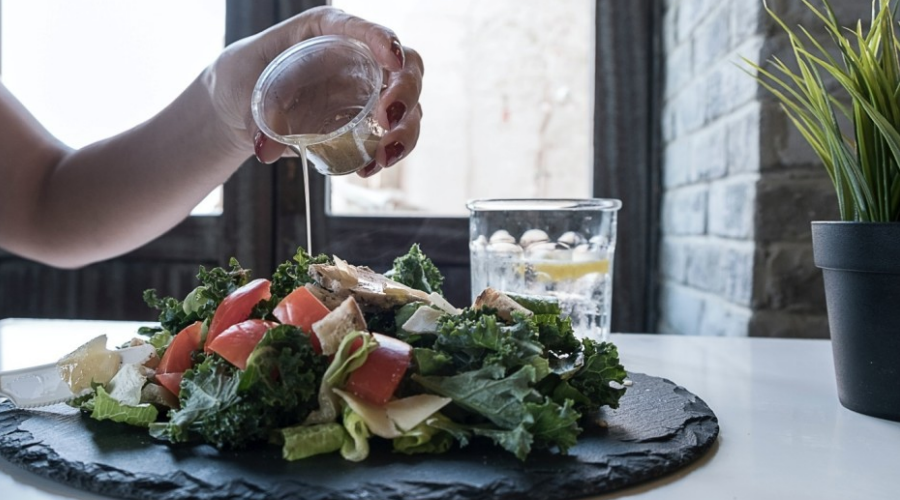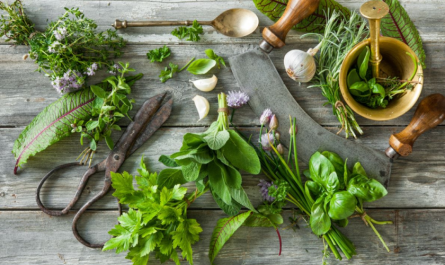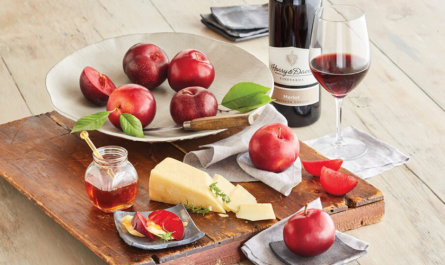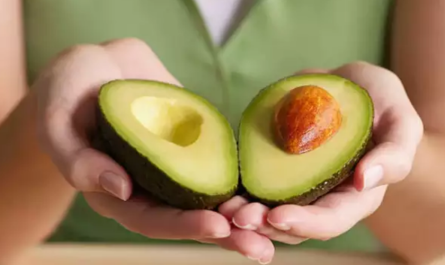Pairing wine with plant-based dishes can seem intimidating, especially for those exploring vegan cuisine for the first time. Unlike traditional meals that feature meat or dairy, vegan dishes rely on vegetables, legumes, grains, and plant-based sauces, which require a thoughtful approach to wine pairing. In this guide, we’ll provide practical vegan wine tips to help you create harmonious and flavorful combinations.
Understanding the Basics of Wine Pairing
Before diving into specific pairings, it’s important to understand some core principles of wine pairing. Wine complements a meal when it either contrasts or matches the dish’s flavors, textures, and intensity. With plant-based dishes, consider the following:
- Acidity: High-acid wines can brighten dishes with tomatoes, citrus, or vinaigrettes.
- Body: Full-bodied wines complement hearty legumes, roasted vegetables, and rich plant-based sauces.
- Sweetness: Slightly sweet wines balance spicy or smoky flavors in vegan cuisine.
- Tannins: Light tannins work best with delicate vegetables, while stronger tannins pair well with mushrooms and roasted flavors.
For an in-depth wine guide, you can visit Wine Folly for expert insights and tips.
Pairing Wine with Leafy Green Dishes
Salads, sautéed greens, and vegetable wraps are common plant-based dishes that require light, refreshing wines. Sauvignon Blanc, Grüner Veltliner, and unoaked Chardonnay are excellent choices because their bright acidity enhances the natural flavors of leafy greens.
Tip: If your salad includes nuts or seeds, try a wine with a slight mineral or nutty flavor to complement the dish. For more vegan wine tips, check The Vegan Society Wine Guide.
Pairing Wine with Tomato-Based Dishes
Tomatoes have high acidity, which can clash with wines that are too acidic. Choose medium-bodied wines with balanced acidity, such as Pinot Noir, Chianti, or Merlot. These wines complement plant-based dishes like pasta with tomato sauce, ratatouille, or vegetable lasagna without overpowering them.
Pairing Wine with Roasted Vegetables
Roasted vegetables like carrots, sweet potatoes, and bell peppers develop rich, caramelized flavors. Full-bodied white wines such as Chardonnay or Viognier, or medium-bodied reds like Grenache or Zinfandel, enhance the sweetness and depth of these plant-based dishes. Roasting intensifies flavors, so a wine with similar weight and complexity works best.
Pairing Wine with Mushrooms and Earthy Dishes
Mushrooms and earthy vegetables pair beautifully with wines that have an earthy or umami character. Pinot Noir, Nebbiolo, and aged Bordeaux are excellent options. These wines mirror the richness of plant-based dishes like mushroom risotto, wild rice pilaf, or vegan mushroom bourguignon.
Pairing Wine with Spicy Vegan Meals
Spicy plant-based dishes, such as Thai curries or Indian lentil stews, require wines that cool the palate. Off-dry Riesling, Gewürztraminer, and Moscato have slight sweetness that balances heat without clashing with spices. Avoid high-tannin wines, which can exaggerate spiciness.
Pairing Wine with Legumes and Beans
Hearty dishes with lentils, chickpeas, or black beans often have earthy or smoky flavors. Medium-bodied reds like Merlot, Tempranillo, or Syrah work well, as they provide structure without overwhelming the subtle flavors of the legumes.
Pairing Wine with Vegan Cheese and Dairy Alternatives
Vegan cheese has become increasingly popular, and pairing wine with these substitutes can be tricky. Sparkling wines like Prosecco or Champagne cut through creamy textures, while Sauvignon Blanc pairs nicely with tangy nut-based cheeses. For firmer vegan cheeses, consider a light red like Pinot Noir.
Practical Tips for Successful Vegan Wine Pairing
- Always taste the wine alongside the dish before serving.
- Consider the dominant flavor of the plant-based dish rather than individual ingredients.
- Balance the intensity of the wine with the richness of the meal.
- Experiment! Personal preference is key in discovering your ideal wine pairing.
For additional vegan wine tips and pairing ideas, explore Wine Enthusiast Vegan Pairings.
Using Wine in Cooking Plant-Based Meals
Wine isn’t just for drinking; it can elevate plant-based dishes during cooking. White wine enhances creamy sauces, while red wine enriches stews and braises. Remember to choose vegan-friendly wines for cooking by checking resources like Vivino Vegan Wine Options.
Conclusion
Pairing wine with plant-based dishes doesn’t have to be complicated. By understanding flavors, wine body, acidity, and sweetness, you can confidently enjoy vegan wine tips and create meals that are harmonious and delicious. Whether it’s a light salad, a hearty bean dish, or roasted vegetables, the right wine enhances the overall dining experience. Experiment with these pairings to discover combinations that delight your palate and elevate your plant-based cuisine.
For more inspiration on plant-based dishes and wine pairings, check our internal resources: Vegan Meal Planning Guide and Plant-Based Recipes & Wine Pairings.







